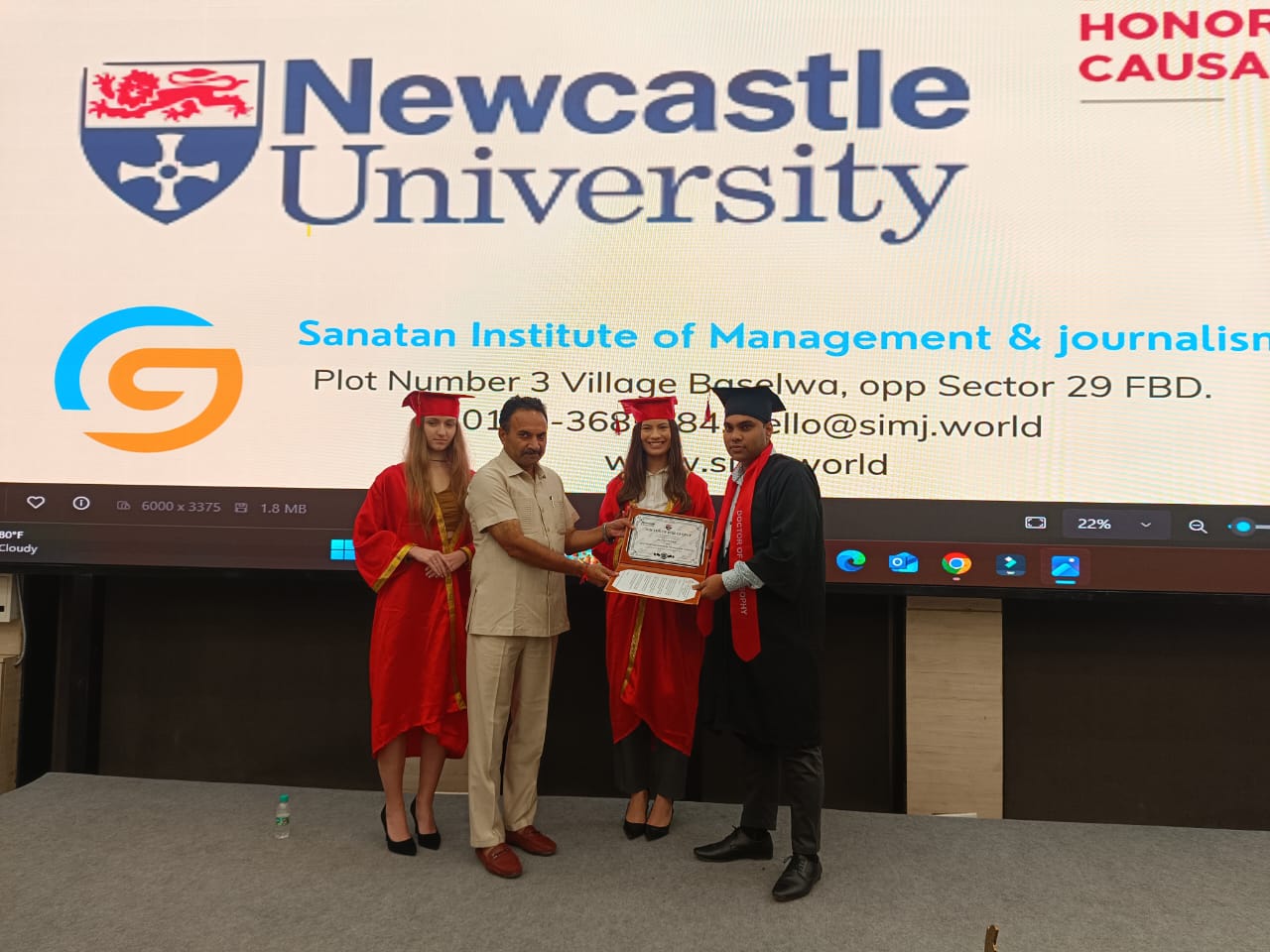- World Wide
- International
- National
- State
- Union Territory
- Capital
- Social
- Political
- Legal
- Finance
- Education
- Medical
- Science & Tech.
- Information & Tech.
- Agriculture
- Industry
- Corporate
- Business
- Career
- Govt. Policy & Programme
- Health
- Sports
- Festival & Astrology
- Crime
- Men
- Women
- Outfit
- Jewellery
- Cosmetics
- Make-Up
- Romance
- Arts & Culture
- Glamour
- Film
- Fashion
- Review
- Satire
- Award
- Recipe
- Food Court
- Wild Life
- Advice

Maize Under Pressure: The Silent Push for Change in Indian Agriculture
Recent
discussions surrounding dent corn (Botanical name: (Zea mays) and its potential for maize-based ethanol production have sparked
significant interest in India. Dent corn which is often portrayed as a non-edible crop and
primarily intended for bioethanol is not true, this information seems to be
misleading and it appears to be part of a broader agenda where the pro GM group
wants to promotes the importation of genetically modified (GM) maize into the
country. To navigate the complexities of dent corn's applications and the
implications of its promotion, it is crucial to understand its role in
agriculture, food security, and the potential risks associated with GM maize
imports.
Dent corn, named
for the distinctive dent that forms on its kernels as they dry, is a highly
versatile grain with applications that extend far beyond bioethanol production. In many regions
across Africa, Latin America, and Asia, dent corn is processed into staple
foods, which serves as a dietary cornerstone for millions. It also plays a
pivotal role in animal feed, supporting livestock industries globally. Furthermore,
dent corn is utilized in various industrial products such as adhesives and
pharmaceuticals. While it is true that
dent corn can be used for bioethanol production, this represents only a small
fraction of its overall utilization. For instance, data from the United States
Department of Agriculture (USDA) indicates that only 10–15% of U.S. corn is directed toward ethanol production. In contrast,
approximately 38% is processed into food products, and about 35% is allocated for
livestock feed. This diverse range of applications challenges the oversimplified
portrayal of dent corn as merely an industrial crop.
At the heart of
the narrative surrounding dent corn may lies a strategic effort to normalize
the importation of genetically modified maize, particularly by companies
involved in GM maize manufacturing. Over 99% of dent corn grown in the U.S. is genetically modified, and pro-GM groups are
leveraging the discourse on ethanol to justify these imports while
circumventing India's existing restrictions on GM crops.
India's
ambitious push for ethanol blending in fuel has created an opportunity for
advocates of GM maize to promote increased imports. Dent corn's high
starch content makes it appealing for ethanol production; thus, framing it as
indispensable for bioethanol allows pro-GM advocates to create a demand narrative
aligned with the supply of GM maize from global markets. Such a shift
could risk introducing GM crops into India and undermine the autonomy of its
agricultural sector. Promoting imported dent corn for ethanol production poses
significant risks to India's agricultural landscape. Increased
reliance on imports could lead to fluctuations in domestic maize prices,
adversely affecting both consumers and farmers. Moreover, Indian
farmers who primarily cultivate non-GM maize varieties may face reduced demand for
their produce due to cheaper GM imports flooding the market. This dependence
on imported dent corn ties India's energy and agricultural policies to global
market dynamics, threatening food security and economic stability. The potential
consequences extend beyond economic factors; they also encompass cultural and
social dimensions. India has a rich agricultural heritage with diverse non-GM maize
varieties that have been cultivated over generations. The introduction
of GM maize could disrupt local farming practices and erode traditional knowledge
systems that have sustained rural communities.
India's goals
for ethanol production should not come at the expense of local agriculture or
farmer welfare. Instead of succumbing to external pressures advocating for GM maize
imports, India must prioritize investment in non-GM maize research
and development. By optimizing local maize varieties for both food and industrial
applications, India can enhance food security while simultaneously supporting
farmer incomes. Policy measures
should focus on sustainable agricultural practices that prioritize
environmental conservation and farmer welfare. To safeguard
India's agricultural autonomy and food security, transparent decision-making processes
are essential when shaping policies related to biofuels and crop imports. Policymakers
must consider empirical evidence regarding dent corn's diverse applications
while also weighing the interests of farmers and consumers. The narrative framing dent corn as merely an industrial crop serves
an ulterior motive that risks undermining India's agricultural landscape.
Conclusion: A Way Ahead
Dent corn
represents far more than a mere feedstock for bioethanol; it is a vital
resource with significant implications for food security, animal feed, and
industrial applications worldwide. The oversimplified portrayal of dent corn as a non-edible crop
appears to be part of a calculated effort to justify GM maize imports into
India. As India navigates
its energy transition towards increased ethanol blending, it must remain
vigilant against external pressures that threaten its agricultural integrity. By focusing on
sustainable solutions that uphold the principles of self-reliance and
environmental stewardship, India can achieve its energy goals without
compromising its rich agricultural heritage or food security. In summary, fostering an environment where local farmers can thrive
while meeting energy demands will require careful consideration of policies
surrounding dent corn and GM maize imports. By prioritizing
local resources and sustainable practices over reliance on imported crops,
India can pave the way toward a resilient agricultural future that benefits
both farmers and consumers alike.
Dr. Mamtamayi Priyadarshini
Environmentalist, Social Worker, and
Trustee of Prashubhgiri (A Trust for Farmers' Voices).


























रिपोर्टर
The Reporter specializes in covering a news beat, produces daily news for Aaple Rajya News
Dr. Rajesh Kumar